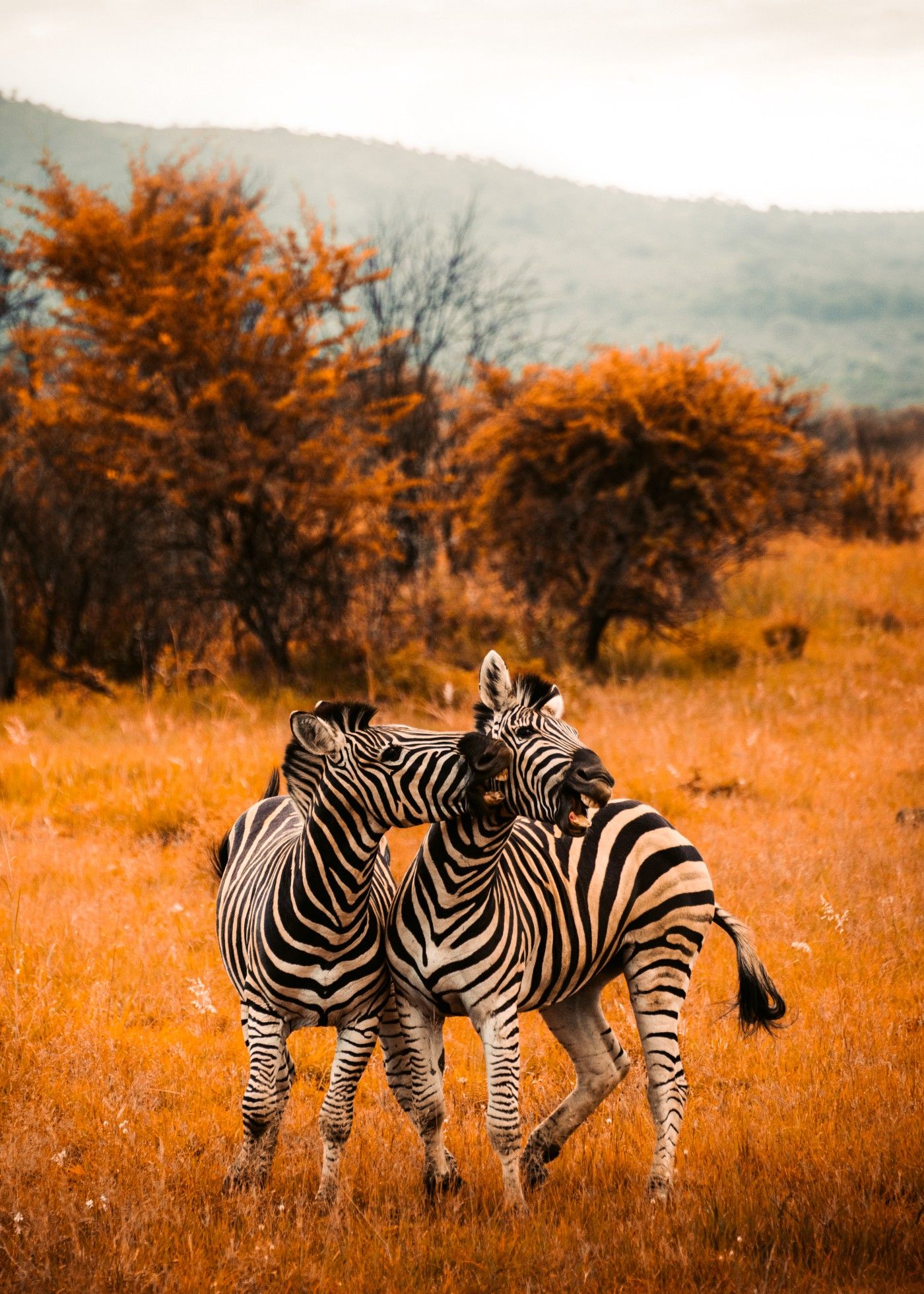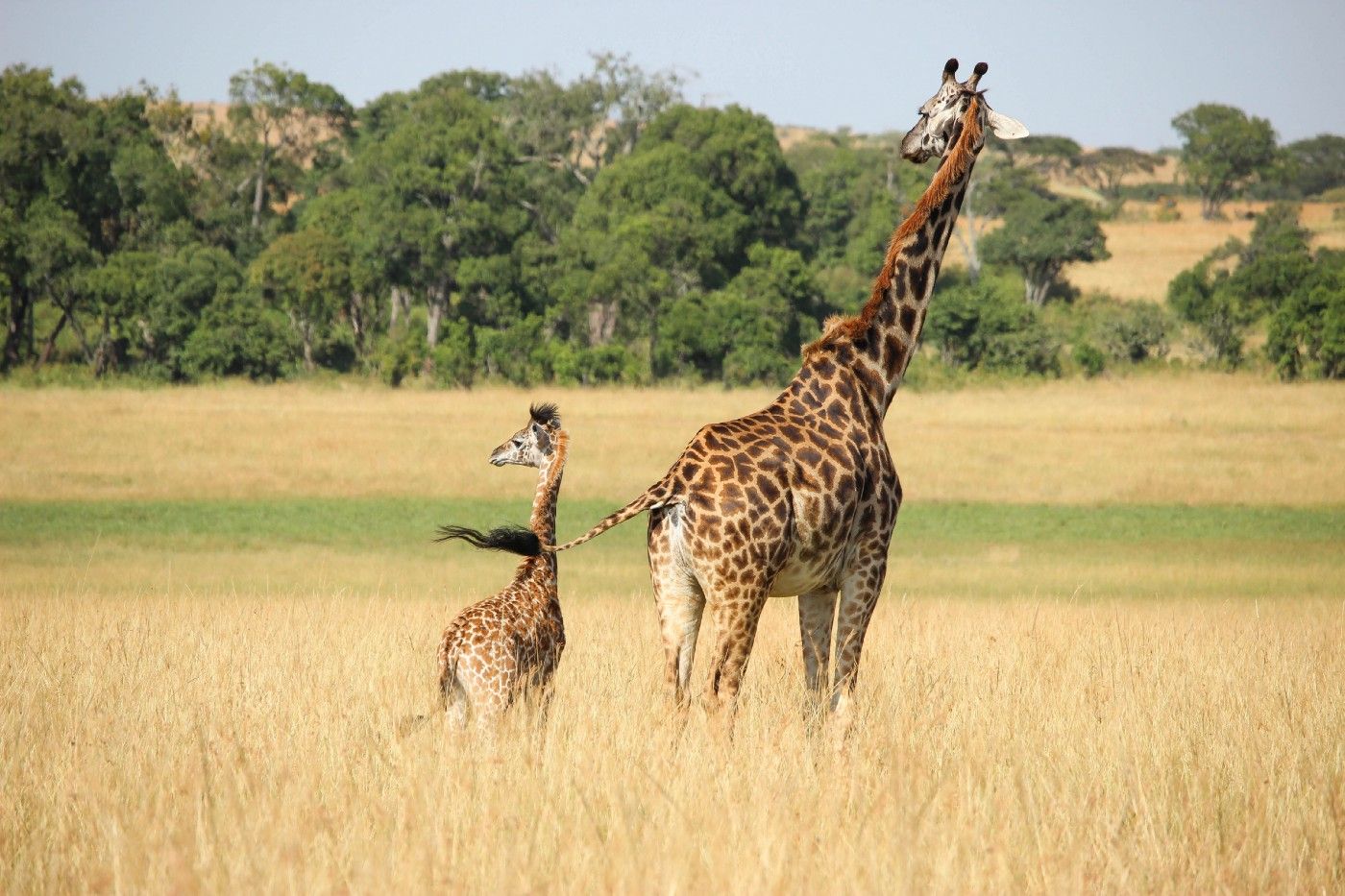And worth protecting
The small plane made a gentle landing on the hard clay surface of the airport, surrounded by undulating acres of green. While we couldn’t see it at the time, being busy with securing our luggage and finding our guides, we were surrounded by danger. And unbelievable beauty.
Paradise is like that. When our red-headed, ebullient guide Simon Kenyon, greeted us, those of us new to the Mara had no clue what to expect. Simon is a manager and guide for the Kenyan mobile riding safari outfit Offbeat Safaris. Netty, the Maasai man who would become one of my absolute favorite people on this trip, settled in next to me atop the roomy Land Cruiser for our meander through Kenya’s vast (but still grossly inadequate) wildlands. Here game still runs free, as do the predators which hunt them and the great, powerful mammals which barely tolerate our presence.
That’s where the danger can lie: not being prepared for, nor respectful of, what makes Africa the paradise that it is.
As we drove slowly towards the Offbeat horse camp which lies nestled against the mighty Mara River, we would pull aside when Netty spotted wildlife. All of us fumbled with our cameras, eager to get photos. It would take a while before we realized that there would be so very many opportunities, and many of them in such close proximity, that peering at them from the car was barely an appetizer. On horseback, we were often merely a few feet away from the miracles of cheetah, lion, elephant and giraffe.
That’s the whole point: not only of coming on safari in the first place, but of doing it by horse. Often animals and giraffes are not as panicked by horse riders as they are otherwise, and you can often get quite close. Our photos from the car would pale by comparison to what would follow. Nighttime game drives would allow us to get within what felt like inches of mating lions, and during the day, we would often be face-to-face with a bull elephant threatening to charge.
We took our time getting to camp, with Simon and Netty allow us to familiarize ourselves with the Tommies (Thompson’s Gazelles) the topi, a multicolored wonder whose males loved to perch solo on termite mounds, which allows them to see for a distance and us to spot them miles away, and the great shaggy wildebeest or gnu. Here and there a solitary hyena, and the wobbly, fast-moving warthogs with tails stuck in the sky like tourist flags at a Japanese airport.
Offbeat, which was formed in 1990 by Tristan Voorspuy, is now run by his wife Cindy and a spreading staff of dedicated guides, cooks, grooms and many others whose attention to detail make a challenging safari feel almost effortless. It isn’t, clearly, after hot hours in the saddle, long gallops and sometimes challenging river crossings.
But Paradise it is.
For even though the Mara may be a shadow of what it might once have been, Kenyon explained that game numbers are rising in the confines of the Conservatory. Outside, the pressures of increasing Maasai and other tribal populations force the need for planning to ensure that the land now used for safaris and treks is as valuable or more so than as arable land. It is volcanic soil, and as such, highly-valued.
Even in the short drive to camp, where thick canvas tents opened to the late afternoon breezes awaited us, it was clear what Africa might once have been, and in very small places still is. Zebra and gazelle and antelope grazed together, great slow-moving herds of elephant sporting massive tusks grazed the elbow-high grasses. Recent rains had caused the Mara River to rise, and all the grazing animals were getting fat from the endless acres of waving green that moved like ocean waves.
Fat ungulates mean lots of babies, and lots of babies mean plenty of food for lions, leopards and cheetahs. That means a population explosion, and in time, Nature will have to do what she does when there are too many: drought. For famine culls masses, so that the entire cycle can begin again. Nature doesn’t care that you and I are horribly uncomfortable with starvation and death. A female lion will kill her cubs if it means survival, just as a male lion will kill those same cubs if they are not his, to ensure his own genetic line.
The exquisite joy that you and I might feel watching a journey of giraffes gallop in their slow-motion way towards a copse of trees might well be sullied by the sight of one of those giraffes later disemboweled by a pride of lions. But they must eat. As must you and I.
Yesterday while out on a rhino counting bush walk here at Ol Pejeta, we spotted a Thompson’s gazelle doing its best to run off a pair of jackals. In all likelihood, the jackals had already killed its fawn. Does that make the jackals bad? They also have young, and those young have to eat.
You and I don’t gave the right to determine what is right, or evil, or wrong in Paradise. The trees that giraffes eat send messages to nearby trees that they are under attack. Those trees create a bitter taste that the giraffes don’t like, so they move on. The trees don’t want to be eaten any more than a Tommy fawn does. Every single living thing wants to live its full life. And every single living thing has to take life from something else to live, that thing which also wants to live its full life, down to the smallest microbe.
Each time I return to Africa, parts which are not wholly and utterly overrun by population explosion (and they are fewer and fewer all the time) I am reminded of the price of Paradise. We are the ones who place interpretations of good or bad on animal behavior, where there is none to be had. Not in any real understanding of how Nature works.
Which is why researchers and photographers don’t interfere with a starving lioness. You just don’t. She has had her cubs, she’s served her purpose, and it’s time for her to make way for her cubs to thrive. What is left of her body will become food for jackals and hyenas.
The Elton John song Circle of Life for Disney’s Lion King fails to truly touch on the facts that you and I come face to face with on safari. As my friend and safari planner Ben Jennings of eTrip Africa said while we were climbing Mt. Kenya last year,
“We don’t understand wild.”
Our city kids have no clue that to have hamburger, animals have to be slaughtered. To have a pork chop, that pig has to die. To have any kind of food, something has to give up its existence for us. Even the great trees of Africa give up their lives to the strangler fig, which slowly but surely acts like an arboreal boa constrictor to make itself into the might tree it can become, but only at the expense of the tree whose life it smothered.
Understanding the rightness of the cycle is part of learning to be in Paradise. People who raise animals, who hunt, herd and who live among wild creatures all understand that Paradise has its price. It’s a great teacher for understanding the world, and it’s worth preserving, protecting and cherishing. With all the terrible beauty of birth and death, it helps us understand wild, as well as the wild within us all. This would be a great lesson for those who insist on bringing beloved pets into the wilderness and are angered when a local predator has it for lunch. The only thing that makes that dog or cat different is our emotional involvement with it. The leopard is hungry, it has to feed itself, and your fat poodle was an easy meal. Nature has no emotions. She simply gives and takes away.
And sometimes she doesn’t.

From the backs of our fine horses during our ride with Offbeat in the North Mara Conservancy, guides Simon and Megan Hodgson pointed out a zebra with a great broad red slash on its patterned ass. It was healing. That just had to have hurt.
“Lion, most likely,” they said. Somehow the zebra had escaped to live another day in Paradise. The animal hurtled away from us, kicking up its heels. You would, too, if you had narrowly escaped death by lion claw and fang.
We don’t understand wild.
More now than ever, we need to. Not only because the wild teaches us about Nature but it teaches us how to be human, to be accepting of life’s beginnings and endings, and of death.
Which above all, teaches us to be in awe of life while we have it.

Comments powered by Talkyard.